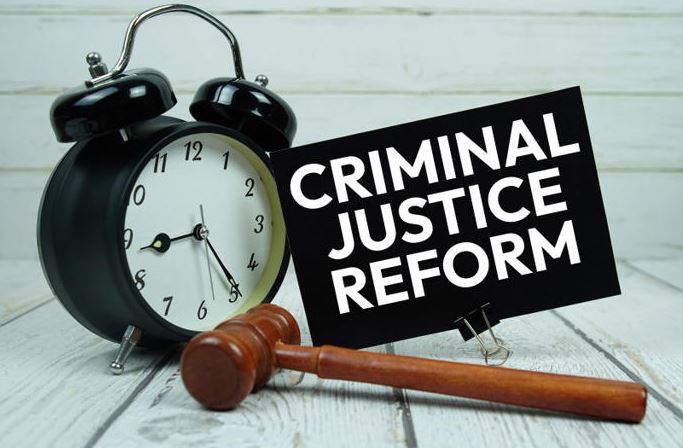|
Two proposed bills in New York, S159/A127 and S342/A1085 (the Earned Time Act), are stirring debate in the state legislature regarding criminal justice reform, public safety, and fairness.
The first bill aims to reform the parole system by defaulting to supervised release for incarcerated individuals unless the Parole Board can prove they pose a danger to the public. The Earned Time Act would allow inmates to earn time off their sentences based on good behavior, with credits potentially reducing their sentences by up to 50%. Current good behavior credits have lower caps, and the proposed credits would be permanent once earned.
Critics, including Republican state senators, argue that these reforms could release dangerous criminals and undermine public safety. They emphasize concerns about prioritizing inmate rights over the safety of law-abiding citizens. In contrast, supporters contend that the reforms aim to address mass incarceration and provide a structured, predictable process for parole, potentially reducing prison populations and recidivism.
Advocates like the Center for Community Alternatives argue that current laws disproportionately impact marginalized communities and that earned time credits have previously been linked to reduced recidivism rates. Overall, the proposed bills reflect a broader struggle between calls for criminal justice reform and concerns about public safety.
New York bills aim to reform parole and sentencing
|


